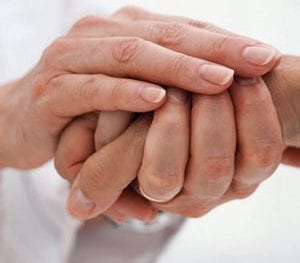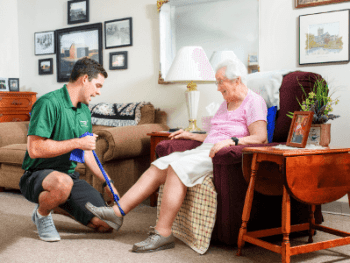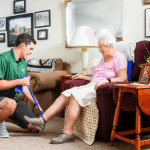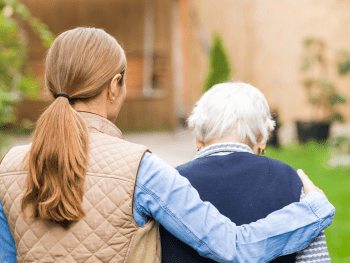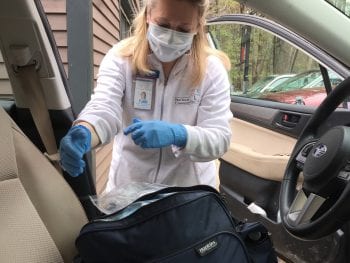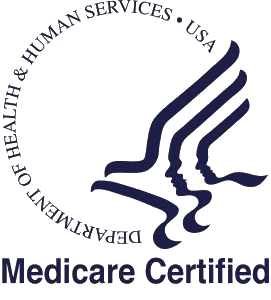There are many misconceptions around hospice care that often keep patients and caregivers from seeking it out when it could be of benefit and provide much-needed comfort to loved ones in their last days. Here are some of the top misconceptions patients and caregivers have:
Misconception 1: Hospice care is a death sentence. Because it often comes at the end of life, it is a popular belief that hospice care means death is imminent. This can certainly be the case if hospice care is delayed until the very end, but waiting until the last minute is not an ideal situation for the patient or the hospice provider. The Medicare benefit has structured hospice benefits for the last six months of life. Patients may remain in hospice care longer if their illness continues to run its course and there is no cure.
Misconception 2: Hospice care means giving up. Hospice care does mean giving up active treatment for your disease. This choice is made because treatments no longer work or the side effects of treatment are worse than the disease itself. However, hospice never gives up hope for the patient; hope just takes a different form. It might not be hope for a long life but hope for another year, or to make it to an event or milestone. End-of-life care focuses on making the remainder of one’s life as fulfilling as possible. Patients can still travel, enjoy family reunions and celebrate life events.
Misconception 3: Hospice care is expensive. Medicare pays for hospice, and most insurances will have hospice benefits. Hospice covers medications, durable medical equipment and medical supplies related to terminal illnesses. This is a substantial help to families. For more information on what’s covered by Medicare, visit https://www.medicare.gov/coverage/hospice-care
Misconception 4: Hospice care ends with the passing of the patient. Hospice continues to follow the bereaved family for 13 months beyond the life of the patient, understanding that those “left behind” continue to need support, people to confide in and sometimes just notes to say someone is there for them if they need to talk. Pemi-Baker Hospice & Home Health offers in-person and on line grief support groups and individual support with their chaplains, Guy Tillson and Salvatore Ippolito.
Misconception 5: Hospice care means 24-hour care. It is important to know that hospice care does not mean somebody is there with your loved one all hours of the day. Our nurse, chaplain or social worker will visit according to your needs and preferences; the visit times and days are flexible. The bulk of hands-on care is provided by family or private caregivers throughout a patient’s time in hospice. Our hospice team will teach caregivers how to give medications, address symptom management and deliver the correct care.
I have questions, when should I reach out to get them answered?
If you have questions about the stage of your loved one’s illness, Pemi-Baker Hospice & Home Health will meet with you in-person or via a phone call to answer your questions. It’s never too early to start asking. It is best to reach out while your loved one is still undergoing treatment for their serious illness. Our Palliative care team helps those with Cancer, Diabetes, Stroke, COPD, ALS, Emphysema, Parkinson’s, Alzheimer’s, Congestive Heart Failure, Liver or Kidney Disease, Dementia or other serious progressive illness.
“Being involved with the patient soon after prognosis allows our nurses to help manage the symptoms, pain and stress that comes with their illness. We work with their primary care physician and family to make them as comfortable as possible and improve their quality of life,” said Tori Clark, MMHC, Hospice & Palliative Care Supervisor.
If you have questions about Palliative or Hospice care, call today: 603-536-2232.
Pemi-Baker Hospice & Home Health is a trusted, nonprofit agency proudly serving 29 towns in central and northern NH since 1967. Expert services include at-home healthcare and physical therapies (VNA), hospice and palliative care, and community programs including: American Red Cross CPR/AED/FA, Caregiver and Bereavement Support Groups and Ask A Pemi-Baker Nurse days at your local senior centers. Providing compassionate care with experienced staff who are trained, certified professionals and also your neighbors. In your time of need, we’re right where you need us.
Pemi-Baker is located at 101 Boulder Point Drive, Suite 3, Plymouth, NH. To contact us please call: 603-536-2232 or email: info@pbhha.org Like our Facebook Page: @pemibakerhospicehomehealth
~written by Anna Swanson


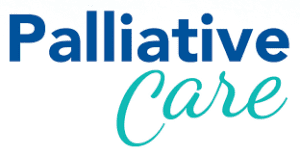
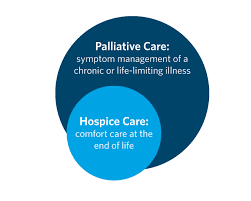
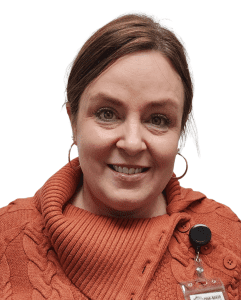
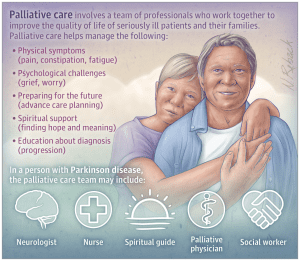
 Your palliative care team can help you with all this and more. The team will be your sounding board and your first line of defense against any symptoms of pain, discomfort, depression or anxiety.
Your palliative care team can help you with all this and more. The team will be your sounding board and your first line of defense against any symptoms of pain, discomfort, depression or anxiety.
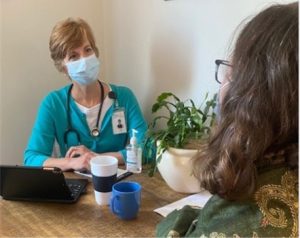
 ou and your family members to ask questions and relay concerns. Their focus is on relieving the symptoms and stress of your illness. The goal is to improve quality of life for both the patient and the family. This is done by coordinating the patient’s care as well as providing
ou and your family members to ask questions and relay concerns. Their focus is on relieving the symptoms and stress of your illness. The goal is to improve quality of life for both the patient and the family. This is done by coordinating the patient’s care as well as providing 
 able where you live. A referral is typically necessary.
able where you live. A referral is typically necessary.

